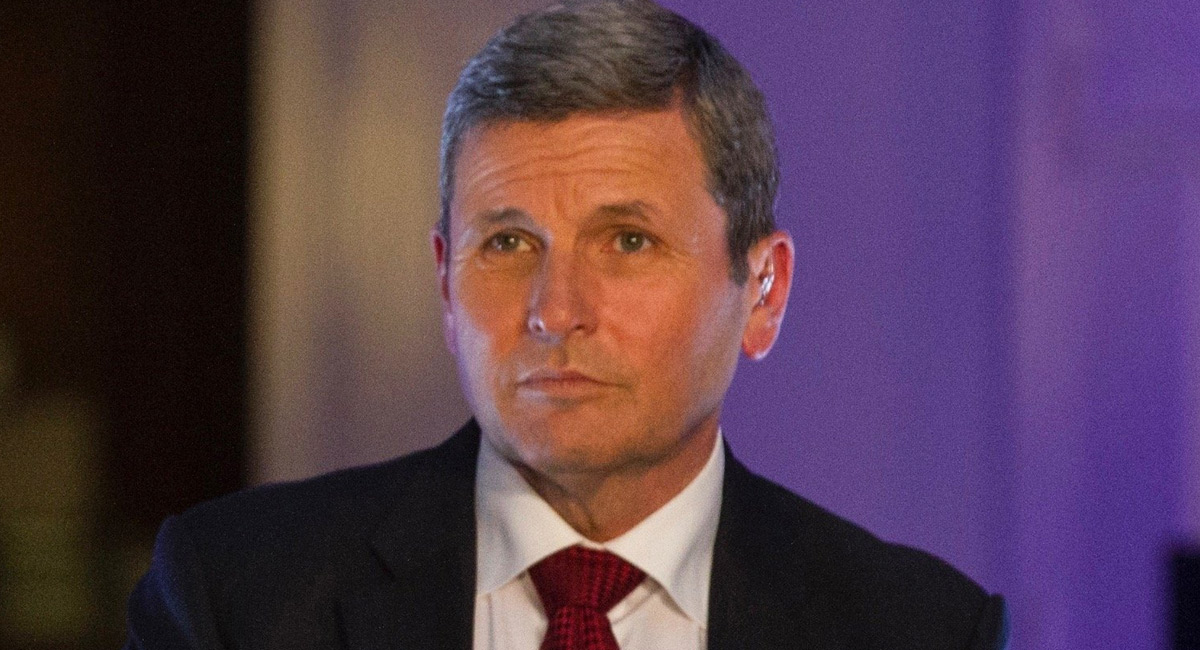Experienced political reporter Chris Uhlmann made a big career move in 2017 when he moved from the ABC to Nine as its political editor, replacing Laurie Oakes.
However, moving out of his old workplace and into the new was a breeze. “I am based at the Parliament House in Canberra. So all I had to do really was move 70 metres down the hallway from the ABC office to Channel 9’s office,” Uhlmann told Mediaweek.
“It was a big cultural change. I would be lying if I didn’t say that.”
The biggest aspect of this change was the commercial expectation that came with joining a for-profit business like Nine. “There are different things that drive the way ABC and Nine collect news. One of the advantages of the ABC – I am in favour of public broadcasting – is that no one has to worry about where the money is coming from or how they are going to fund their news service. But there are pressures that come with everybody having to change from the appointment viewing that we had to the new world where everyone has access to everything on their devices. For the ABC, it’s a matter of reallocation of resources.
“In a commercial network like Nine you have a commercial imperative. How do you make advertisers pay enough for these news services to support the journalism?
“If the media is to survive in Australia, it can’t be just public broadcasting. We have to find a way for journalism to make enough money to pay for the product.”
Uhlmann started his career as a journalist in print media at The Canberra Times. He joined the ABC in 1998 and had been its political editor since 2015. He moved to Nine in 2017. This wasn’t the first time he’d had the opportunity to join the network. Uhlmann had been offered a role in the past but said he’d declined it because he was “happy” with what he was doing at the ABC. However, when the network approached him after Oakes’s resignation, it was too much of a good opportunity to pass.
After covering 51 budgets over more than 40 years, Oakes had become a legend in the press gallery and a widely trusted figure in Australia. Therefore, when he announced he’d be retiring, politicians, media and the wider community applauded his long-established career.
Did Uhlmann feel the pressure of replacing such as revered figure? “There is no point in me trying to be Laurie Oakes,” he told Mediaweek. “He existed at a time and in a space where the free-to-air television networks were absolutely the dominant force in Australian politics. Most people got their information from the 6pm news service. Laurie was also a great journalist. That combination was very powerful, because he had an enormous reach.
“Things have changed now. The power of the networks has dissipated to a certain extent, but they are still powerful, so I am operating in a different environment. All I can do is be the best political editor I can be.
“I like to think that in the course of at least the last decade I have put down enough markers to show that I am trying my best to explain Australia’s democracy to people.”
